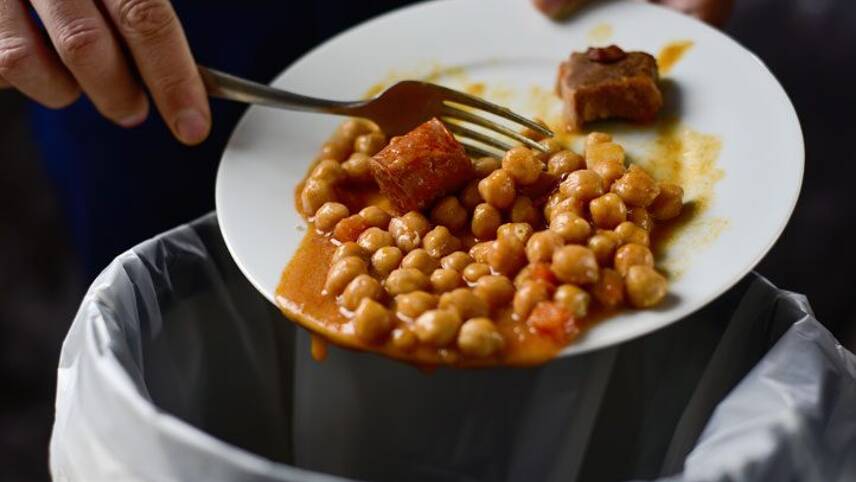Register for free and continue reading
Join our growing army of changemakers and get unlimited access to our premium content

WRAP is hoping to create new partnerships in both the UK and Canada to drive behaviour change progress
The UK-Canada partnership will see WRAP work with the National Zero Waste Council in Canada. The partnership will aim to change behaviours in relation to food waste, with pilot schemes to be introduced between March 2022 and 2023.
Food waste prevention is what WRAP is best known for. The organisation encourages businesses across the food value chain to adopt a food waste reduction roadmap. Launched in 2018 in partnership with the Institute of Grocery Distribution (IGD), the roadmap has been supported by dozens of businesses and, in 2020, supported the mitigation of 180,000 tonnes of food waste, valued at £300m.
WRAP’s head of citizen behaviour change Sarah Clayton said: “We are delighted to have the backing of the Walmart Foundation on this ground-breaking research, which will drive forward-thinking on ways to subtly ‘nudge’ people towards positive behaviours that prevent food going to waste.
“Food waste is so often overlooked in relation to climate change, but more greenhouse gas is produced by food waste than by all international flights, so we ignore it at our peril. Having organisations like the Walmart Foundation onboard is crucial to deliver new work and generate new insights for the benefit of partners all around the world.”
Insights that arise from the behaviour change project will be shared with partners to inform international policy. WRAP is hoping to create new partnerships in both the UK and Canada to drive behaviour change progress.
Food waste and emissions
One of the biggest legacy initiatives regarding behaviour change from WRAP is its Courtauld Commitment, which has been signed by more than 90% of the UK’s food retailers as well as major businesses across the food value chain.
Last month, the initiative was extended to 2030, with a new ambition to halve absolute emissions.
The update to the Commitment sees 2025 targets on carbon, food waste and water built upon with longer-term goals. WRAP said in a statement that the update is designed to align the sector with the UN’s Sustainable Development Goals (SDGs) relating to these topics and takes account of “the newer demands of climate action”.
On emissions, signatories had already pledged to deliver a 20% reduction, on a per-person basis, of value chain emissions between 2015 and 2020. The new 2030 target is to halve emissions, on an absolute basis, against a 2015 baseline.
As for Walmart, the retailer has committed to becoming a zero emissions business by 2040 by pledging to become carbon neutral across its global operations without relying on carbon offsets.
Walmart’s zero-carbon goal will be met by powering its facilities with 100% renewable energy by 2035, electrifying and introducing zero-emission vehicles for all of its fleet, including long haul trucks by 2040 and transitioning to low-impact refrigerants and cooling and heating for its stores and data and distribution centres by 2040.
“We have an opportunity to reduce the impacts of food waste on the environment with even the slightest behavior modifications,” Walmart.org senior director Eileen Hyde said.
“Identifying these behaviors and applying interventions is a great step in the right direction to affect change. It will take all of us working together to address food waste, and we’re proud to support WRAP’s good work.”
Matt Mace


Please login or Register to leave a comment.